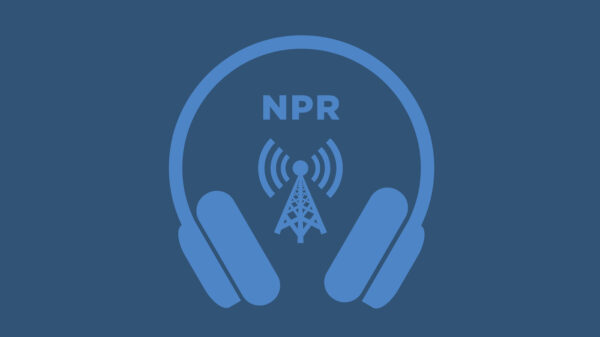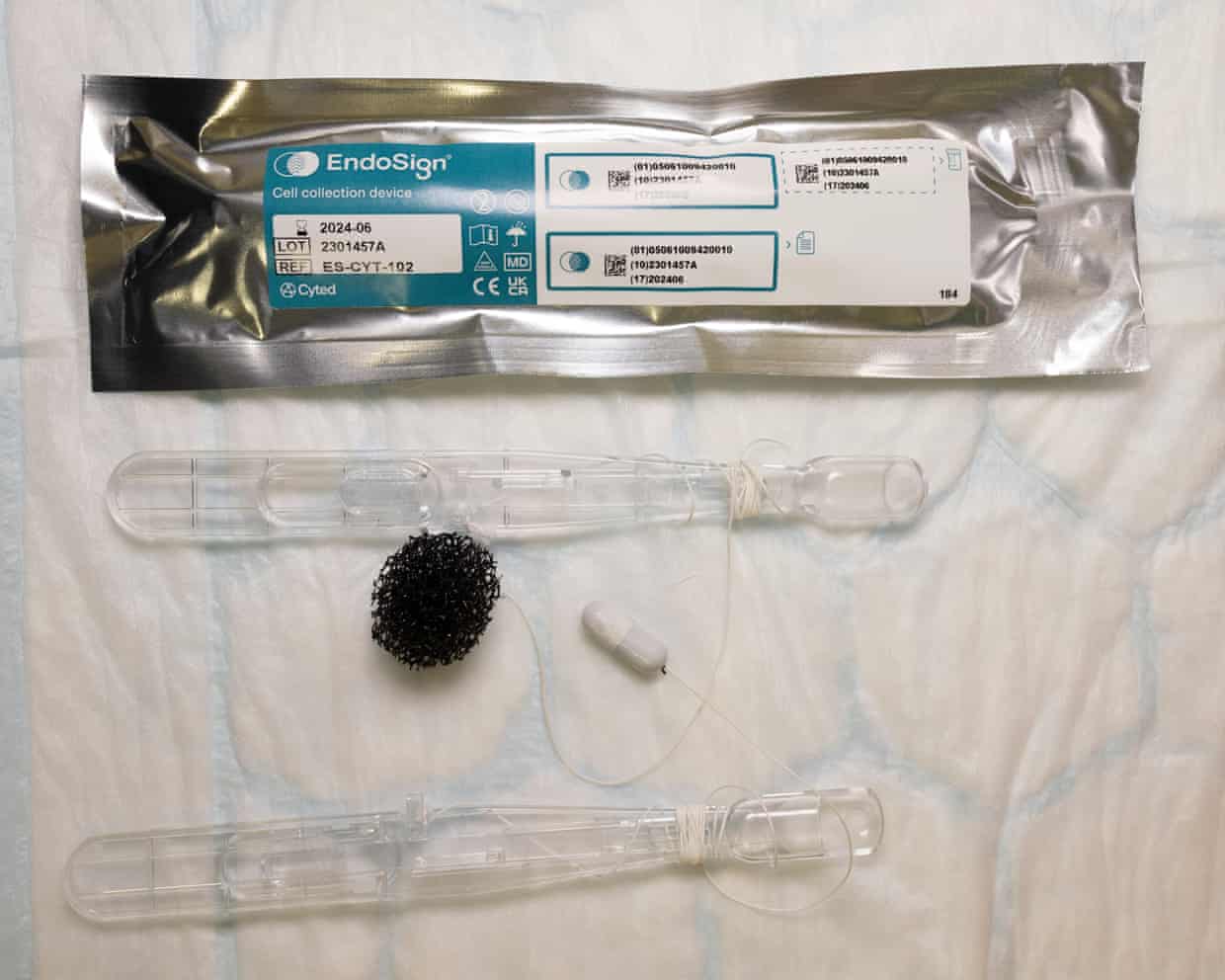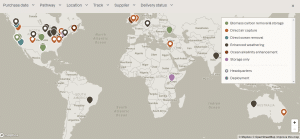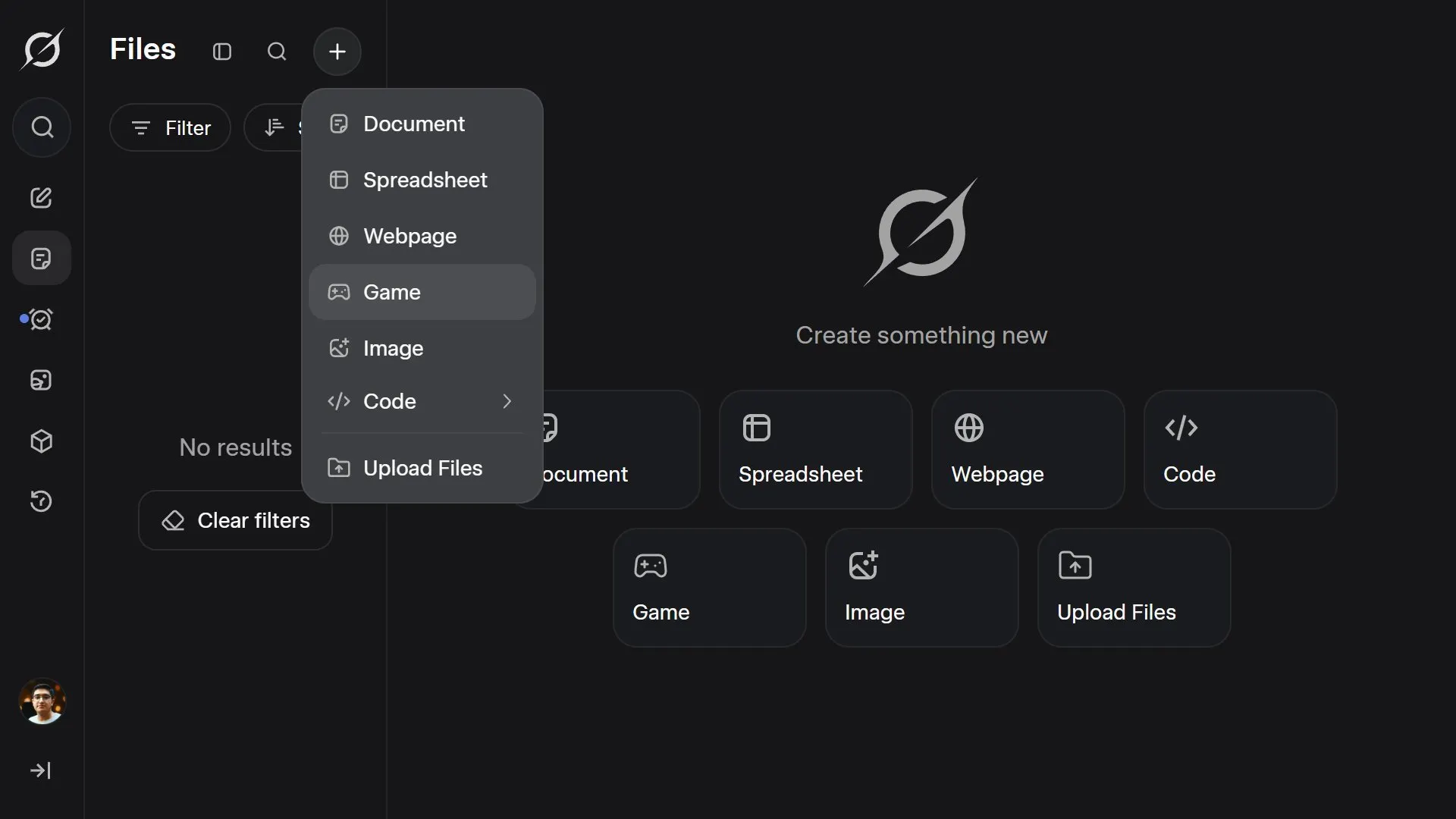NHS pharmacies across England will begin a pioneering pilot program to implement the “sponge on a string” test, aimed at identifying early signs of oesophageal cancer. This initiative is part of the government’s broader 10-year health plan, which seeks to enhance cancer diagnosis and treatment within the National Health Service.
The “sponge on a string” test is a non-invasive procedure designed to detect precursors to oesophageal cancer, a condition that can develop from Barrett’s esophagus. This innovative test involves swallowing a sponge attached to a string, which collects cells from the esophagus. These cells are then analyzed for abnormalities that may indicate cancer.
Significance of the Pilot Program
The pilot will involve approximately 25 NHS pharmacies across various locations in England, providing a convenient and accessible method for patients at risk of developing oesophageal cancer. The program is expected to screen around 3,000 participants over the course of the pilot.
This initiative aligns with the government’s ongoing efforts to combat cancer and improve early detection rates. According to the Department of Health and Social Care, the program could potentially lead to earlier treatment and better patient outcomes, which is crucial given that oesophageal cancer is often diagnosed at a late stage.
The pilot is set to commence in March 2024 and will gather critical data to assess the effectiveness and practicality of the sponge test in a pharmacy setting. If successful, it may pave the way for broader implementation within the NHS.
Government Commitment to Health Innovation
The introduction of this test highlights the UK government’s commitment to investing in healthcare innovation. The 10-year health plan not only aims to improve early diagnosis but also seeks to enhance the overall quality of care patients receive throughout their treatment journeys.
In recent years, the NHS has faced challenges in cancer diagnosis due to increasing patient numbers and resource limitations. Initiatives like this pilot are seen as essential steps in addressing these issues. The findings from the pilot may inform future policies and practices regarding cancer screening and prevention.
As this initiative unfolds, both patients and healthcare professionals will be keenly observing its impact on early cancer detection. The potential to catch oesophageal cancer in its early stages could significantly alter treatment effectiveness and patient survival rates, making this pilot a crucial development in cancer care.
In conclusion, the NHS’s “sponge on a string” test pilot represents a significant leap forward in the fight against oesophageal cancer. With the backing of the government’s health plan, it aims to make a meaningful difference in how early signs of this serious condition are detected and managed.






















































